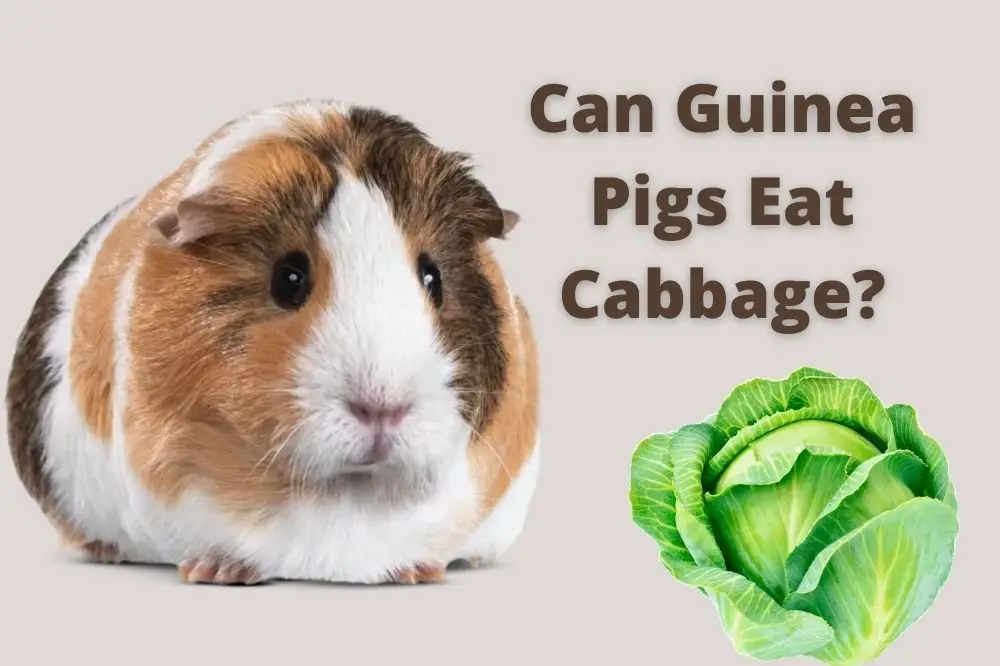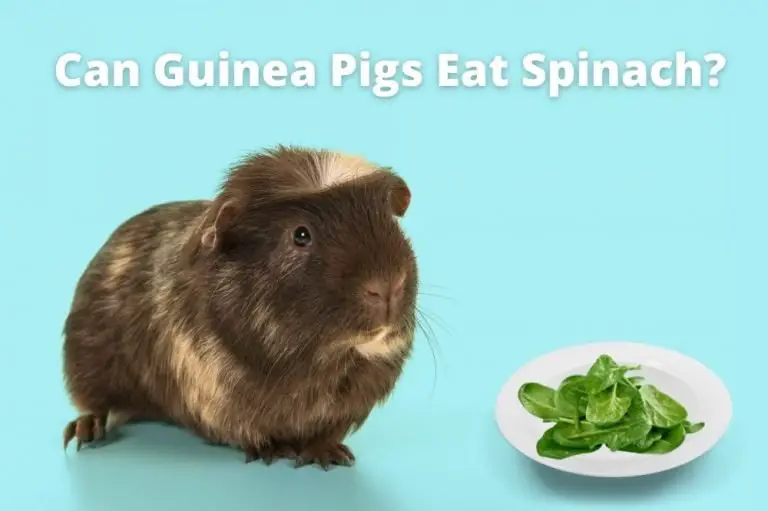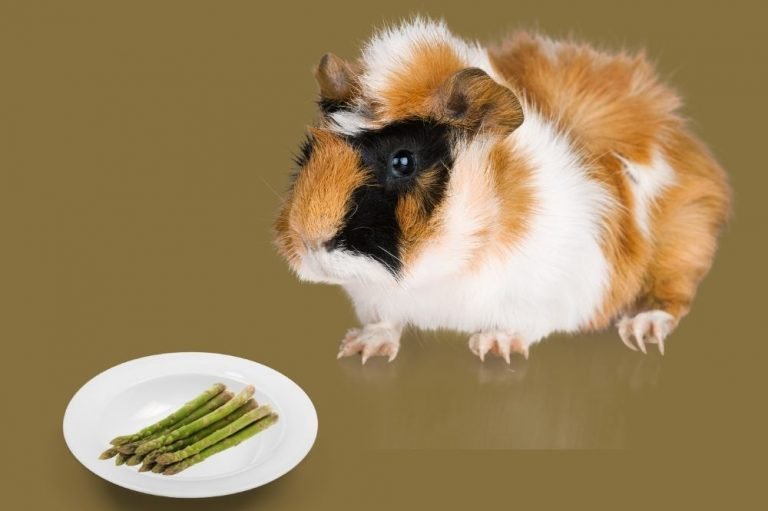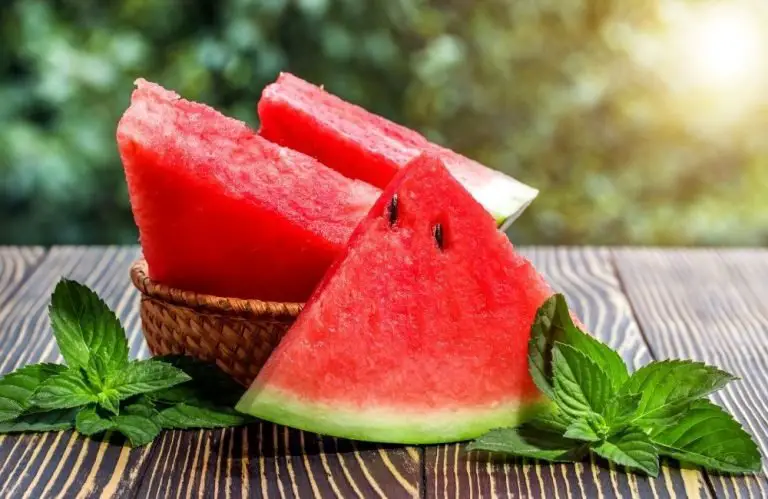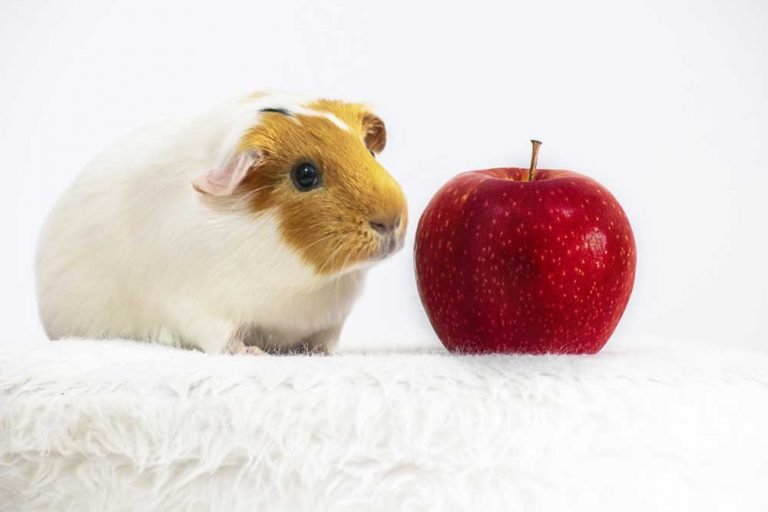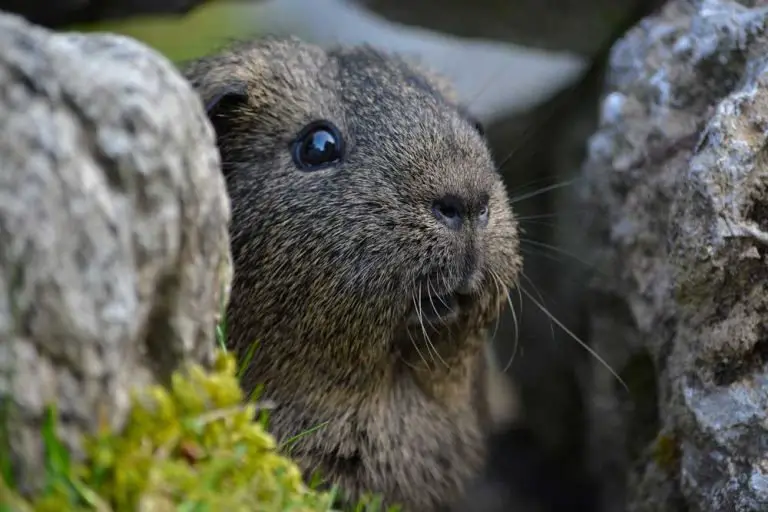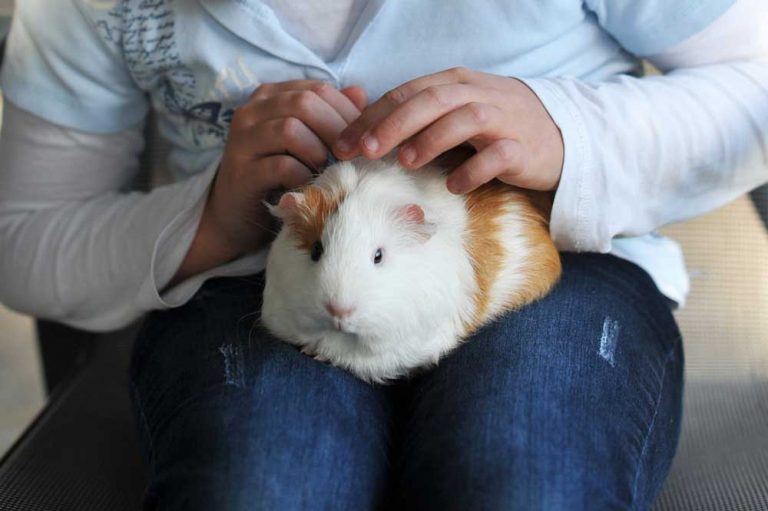Can Guinea Pigs Eat Cabbage?
As a guinea pig owner, it’s natural to worry about what your furry friend eats. You want to make sure they’re getting a healthy and balanced diet, but you may be unsure about what foods are safe for them to eat. One question that often comes up is whether guinea pigs can eat cabbage.
After researching and consulting with veterinarians, I can confidently say that guinea pigs can indeed eat cabbage, but there are some things you should keep in mind. In this article, we’ll explore the nutritional benefits of cabbage, how much cabbage to feed your guinea pig, potential risks to consider, and much more.
Nutritional Benefits of Cabbage for Guinea Pigs
Cabbage is a cruciferous vegetable that is low in calories and high in fiber. It’s also a good source of vitamins C and K, which are both important for guinea pig health.
Vitamin C is necessary for the production of collagen, which helps maintain healthy skin, bones, and blood vessels. Guinea pigs cannot produce their own vitamin C, so it’s essential that they get it through their diet. A lack of vitamin C can lead to scurvy, a serious and potentially fatal disease.
Vitamin K is important for blood clotting and bone health. While guinea pigs can produce their own vitamin K, adding foods like cabbage to their diet can help ensure they’re getting enough.
Cabbage is also rich in antioxidants, which help protect cells from damage caused by harmful molecules called free radicals. In addition, it contains small amounts of other vitamins and minerals that are beneficial for guinea pigs, such as calcium and iron.
| Nutrient | Amount per 100g |
|---|---|
| Calories | 25 |
| Protein | 1.3g |
| Carbohydrates | 5.8g |
| Fiber | 2.5g |
| Fat | 0.1g |
| Vitamin C | 36.6mg |
| Vitamin K | 76mcg |
| Folate | 43mcg |
| Calcium | 40mg |
| Iron | 0.5mg |
| Potassium | 170mg |
| Magnesium | 11mg |
| Phosphorus | 26mg |
How Much Cabbage Should You Feed Your Guinea Pig?
While cabbage is safe for guinea pigs to eat, it should be fed in moderation. Too much cabbage can lead to digestive problems like bloating and gas.
A good rule of thumb is to offer your guinea pig a small amount of cabbage as a treat once or twice a week. A serving size of cabbage for a guinea pig should be no more than a few small leaves or a few shreds.
It’s important to remember that cabbage should not be the main component of your guinea pig’s diet. Hay should make up the majority of their diet, followed by fresh vegetables like leafy greens, bell peppers, and carrots.
Potential Risks to Consider
While cabbage is generally safe for guinea pigs, there are some potential risks to keep in mind.
First, cabbage contains a compound called goitrogens, which can interfere with thyroid function if consumed in large quantities. However, the amount of goitrogens in cabbage is relatively low, and it’s unlikely that your guinea pig would eat enough to cause a problem.
Second, cabbage can cause digestive problems like bloating and gas if fed in excess. To avoid these issues, make sure to only offer small amounts of cabbage as a treat, and be sure to introduce it slowly into your guinea pig’s diet.
Finally, be mindful of how you prepare the cabbage. Avoid adding salt, oil, or other seasonings that could be harmful to your guinea pig. It’s best to offer cabbage raw and washed thoroughly.
Other Vegetables to Feed Your Guinea Pig
While cabbage can be a healthy addition to your guinea pig’s diet, it’s important to offer a variety of vegetables to ensure they’re getting all the nutrients they need. Here are some other vegetables that are safe for guinea pigs to eat:
- Leafy greens (such as kale, spinach, and lettuce)
- Bell peppers
- Carrots
- Cucumber
- Zucchini
- Tomatoes (in moderation)
- Radicchio
- Broccoli (in moderation)
How to Introduce Cabbage to Your Guinea Pig
Before introducing cabbage to your guinea pig, it’s important to ensure they’re already eating a variety of fresh vegetables. Start by offering a small amount of cabbage, such as a few leaves or shreds, mixed in with their regular vegetables.
Monitor your guinea pig’s reaction to the cabbage. If they seem to enjoy it and have no adverse effects, you can continue to offer it as a treat once or twice a week.
It’s also a good idea to rotate the vegetables you offer your guinea pig to provide them with a variety of nutrients. This can help prevent boredom and ensure they’re getting all the vitamins and minerals they need.
Frequently Asked Questions
Can guinea pigs eat red cabbage?
Yes, guinea pigs can eat red cabbage. It’s similar in nutritional content to green cabbage and can be offered in small amounts as a treat.
Can guinea pigs eat cooked cabbage?
No, guinea pigs should not eat cooked cabbage. Cooking cabbage can destroy some of its nutrients and make it harder to digest.
Can guinea pigs eat cabbage every day?
No, guinea pigs should not eat cabbage every day. It should only be offered once or twice a week as a treat, in small amounts.
Can guinea pigs eat cabbage stems?
Yes, guinea pigs can eat cabbage stems, but they may be tough and difficult to digest. It’s best to offer small pieces of the stem along with the leaves.
Key Takeaways
- Guinea pigs can eat cabbage in moderation, as it is low in calories and high in fiber, vitamins C and K, and antioxidants.
- A serving size of cabbage for a guinea pig should be no more than a few small leaves or shreds, offered once or twice a week as a treat.
- Cabbage should not be the main component of a guinea pig’s diet. Hay should make up the majority of their diet, followed by fresh vegetables like leafy greens, bell peppers, and carrots.
- Cabbage should be introduced slowly into a guinea pig’s diet, and it’s important to monitor their reaction for any adverse effects.
- Other safe vegetables for guinea pigs to eat include leafy greens, bell peppers, carrots, cucumber, zucchini, tomatoes (in moderation), radicchio, and broccoli (in moderation).
Conclusion
In conclusion, guinea pigs can eat cabbage in moderation as part of a healthy and balanced diet. Cabbage is a good source of vitamins and minerals, and it’s safe for most guinea pigs to eat. However, it should only be offered as a treat, in small amounts, and should not be the main component of their diet.
As with any new food, it’s important to introduce cabbage slowly and monitor your guinea pig’s reaction. If they seem to enjoy it and have no adverse effects, you can continue to offer it as a healthy treat for your furry friend.
- Can Guinea Pigs Eat Lawn Grass? Find out now!
- Can Guinea Pigs Eat Wet Grass? Find out now!
- Can Guinea Pigs Eat Weeds? Explained
- Can Guinea Pigs Eat Watermelon? (Benefits & Risks)
- Can Guinea Pigs Eat Strawberries? [Feeding Guide!]

